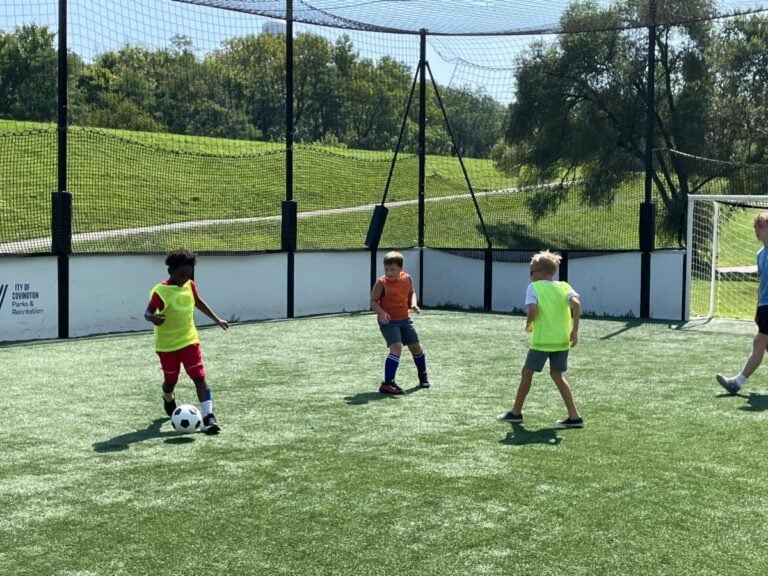By Nadia Ramlagan
Public News Service
Health experts are urging residents to stay hydrated and stay out of the sun during peak periods, especially during the heat wave that is gripping parts of Kentucky and the rest of the United States.
According to the Centers for Disease Control and Prevention, older adults, young children, and people with chronic diseases are at highest risk for heat-related illness. But the heat also poses dangers to healthy people, especially during prolonged or strenuous activities in hot weather.

Donna O’Shea, chief medical officer for population health and value-based care at UnitedHealthcare, said people use health-care services a lot more on very hot days, and hospitals report a spike in emergency-room visits.
“And so one thing we do want people to remember,” she said, “is that virtual care can help people connect with a health-care professional, 24/7 from their home when they have concerns that arise.”
The Department of Health and Human Services has said extreme heat can trigger asthma and chronic obstructive pulmonary disease in some people. Blazing heat can also pose risks for people struggling with mental-health issues, and can worsen acute psychiatric and substance-use symptoms.
Dr. Rob Tagher, president of the American Academy of Pediatrics’ Kentucky chapter, said noticeable symptoms of dehydration or heat stroke can include irritability, lethargy or fussiness in toddlers. He explained that it’s important to ensure small children stay hydrated.
“I always tell adults that are taking care of kids and toddlers that if you’re uncomfortable, the child is much more uncomfortable than you with regards to temperature,” he said.
Tagher added that pediatricians often see an influx of young patients with insect bites, poison ivy and other summer rashes. Because there aren’t many treatment options available other than waiting for the rash to resolve and trying to alleviate itching, he said prevention is key.
“Knowing which plants to stay away from,” he said, “good observation and parenting to keep kids away from more dangerous plants, keeping them away from dawn and dusk, when the mosquitoes and bugs are a lot worse.”

















